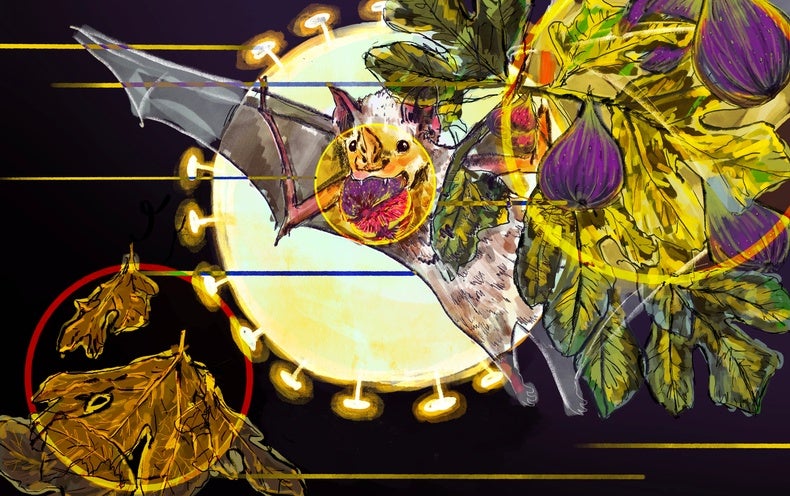In the fifth century B.C., Hippocrates first reported a disease with “flu-like symptoms” spreading across northern Greece. Years later, in Renaissance Florence, around A.D. 1300 a flu virus called “influenza di freddo” hit the Italian city with a vengeance. History shows that we’ve been dealing with the flu for thousands of years, while COVID-19 is a comparably new contagion. Still, according to experts, the flu has provided the groundwork for how we might respond to COVID-19 in the future.
Rajeev Fernando, an infectious disease expert and fellow at Harvard Medical School, says that we’re in a very different place than we were with the virus in 2020 because now around 90 percent of Americans have been infected with COVID-19. Many of us have “hybrid immunity,” meaning we’ve been vaccinated against the infection and contracted it. As a result, we’re less likely to need vaccines every four months as we did a few years ago.
An Annual Booster?
While there’s a lot we don’t know, Fernando contends that we may be able to operate similarly as we do around influenza, looking at the type of flu strain that’s circulating in the southern hemisphere and changing each year’s vaccine accordingly. “It’s reasonable to think this would work with the COVID-19 vaccine as well and that a yearly vaccine could be recommended, but the difference is that we have years of flu data that we just don’t yet have with COVID-19,” says Fernando.
As new variants come out, says Fernando, we have to be able to adjust accordingly and recommend an updated vaccine when there’s a threat. Many vaccine manufacturers have already said that they will be able to come out with a new vaccine within 100 days if a dangerous variant rears its head. In that case, a vaccine might be needed more than once per year.
Read More: What New Variants Of COVID-19 Are Currently Circulating?
Like the flu vaccine, the highest recommendation for a COVID-19 vaccine would be elderly and immunocompromised patients. However, those who are not immunocompromised can also choose to get one. But as the data unfolds, we’ll have a better idea of who needs to get an annual jab. “Either way, we should be in a position that if someone who is not immunocompromised wants to get the vaccine, they shouldn’t be turned away,” says Fernando. Additionally, he’s concerned that as President Biden lifts the COVID Emergency Declaration, COVID-19 vaccines will no longer be free to those who need them the most.
The Risk of Long COVID
But experts aren’t in complete agreement on what the future of vaccines will look like. Grace McComsey, MD, who leads the Long COVID RECOVER study at University Hospitals Health System in Cleveland, agrees that we may need more than one shot per year, based on variants. But for her, the larger concern around COVID-19 is long COVID.
Read More: What is Long COVID and What are the Symptoms?
While most people are less likely at this point to die from acute COVID-19, long COVID impacts a wide swath of patients from all walks of life, she says. There are so many more complications in those who survive COVID-19 compared to the flu, and we’re seeing so many new health conditions like brain fog, lethargy, blood clots, gastrointestinal issues and so many others that are arising as a result of this disease. “In my opinion, preventing long COVID should be the main concern and the reason why everyone needs to get an annual immunization if not more than one,” says McComsey.
There’s still a lot we don’t know about how COVID-19 will impact us in the future as more variants come out and we have a better understanding of long COVID. All of this will affect who needs to get an annual shot. But what is clear is that COVID-19 isn’t over, and our response to it shouldn’t be either. And unlike the flu, if you survive COVID-19, it doesn’t mean you’re in the clear.
Read More: Could COVID-19 Be Changing Who We Are?














